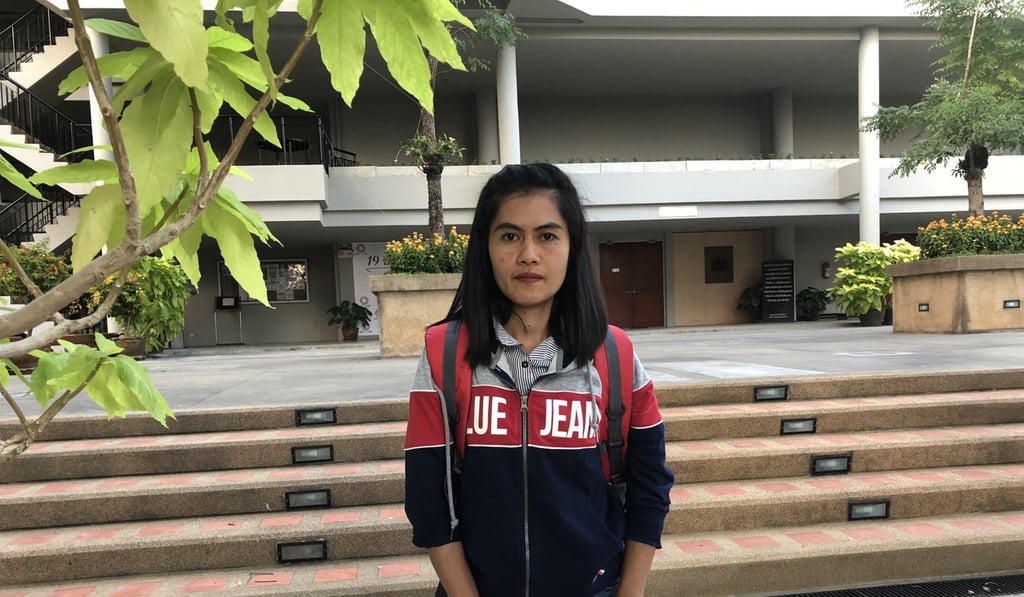For Thailand’s female land rights defenders, activism is a dangerous and daunting necessity
- The country’s 2014 forest reclamation policy was meant to target businesses, but smaller farmers have been disproportionately threatened with eviction
- As more women join the fight, rights groups say more than 200 women have been subjected to judicial harassment, while two have been murdered

“We did encroach on the national park, but as poor farmers, we should be eligible for exemption,” said Muangklang, who is fighting eviction, imprisonment and fines.
The court said the farmers failed to prove they had occupied the land before the park was established in 1992. Muangklang, out on bail since last August, said her family had not applied for a land certificate when they moved to Ban Sap Wai in 1986 because they never thought it necessary until the day they faced eviction.
Thai NGOs estimate that at least 8,000 households have been threatened with eviction since 2015. Meanwhile, Thailand’s ruling junta has in the past five years given away around 999 hectares of forest conservation land as concessions to large corporations, including cement and mining companies, according to Land Watch Thai.
